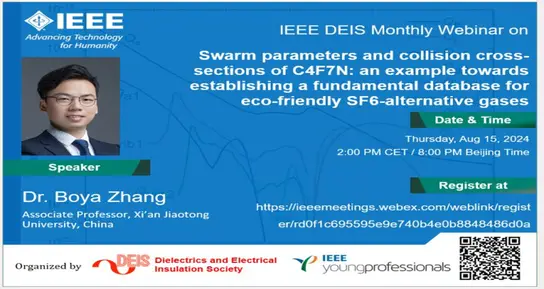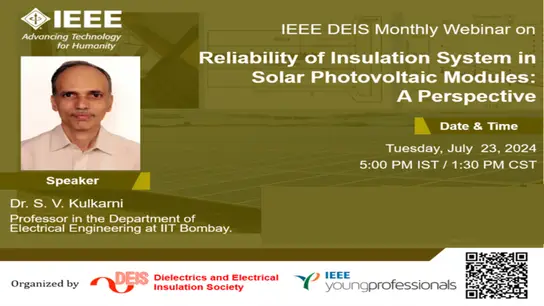Scaling and Scalability: Accelerating Ill-conditioned Low-rank Estimation via Scaled Gradient Descent
Dr. Yuejie Chi
-
Members: FreeSPS
IEEE Members: $11.00
Non-members: $15.00Length: 00:55:05
Many problems encountered in sensing and imaging can be formulated as estimating a low-rank object from incomplete, and possibly corrupted, linear measurements; prominent examples include matrix completion and tensor completion. Through the lens of matrix and tensor factorization, one of the most popular approaches is to employ simple iterative algorithms such as gradient descent to recover the low-rank factors directly, which allow for small memory and computation footprints. However, the convergence rate of gradient descent depends linearly, and sometimes even quadratically, on the condition number of the low-rank object, and therefore, slows down painstakingly when the problem is ill-conditioned. This talk introduces a new algorithmic approach, dubbed scaled gradient descent (ScaledGD), that provably converges linearly at a constant rate independent of the condition number of the low-rank object, while maintaining the low per-iteration cost of gradient descent. In addition, a nonsmooth variant of ScaledGD provides further robustness to corruptions by optimizing the least absolute deviation loss. In total, ScaledGD highlights the power of appropriate preconditioning in accelerating nonconvex statistical estimation, where the iteration-varying preconditioners promote desirable invariance properties of the trajectory with respect to the symmetry in low-rank factorization.



